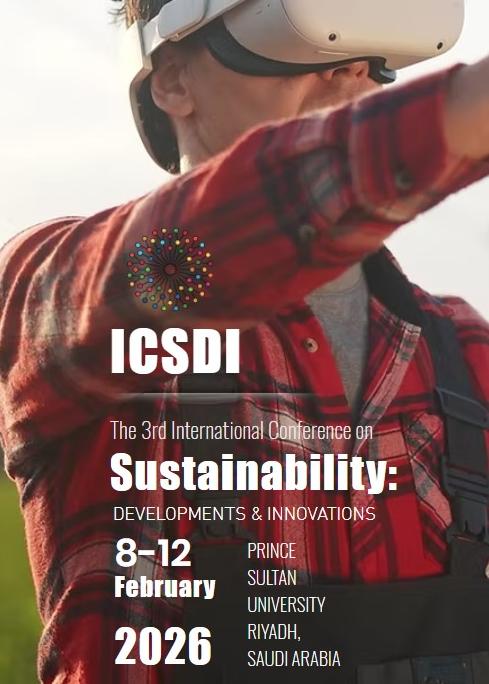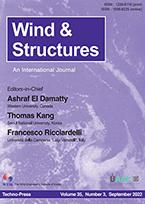Infection Biology in the Age of the Microbiome
Cell Symposia 2020
- URL: http://www.cell-symposia.com/infectionbiology-2020/
- Event Date: 2020-05-18 ~ 2020-05-20
- Submission Date: 2020-02-07
- Location: Paris, France
Life Sciences & Earth Sciences (General)
The meeting will explore bacterial pathogens and pathogenesis from multiple perspectives, from cellular mechanisms to interbacterial interactions and community behavior, as well as pathogenesis in the complex milieu of the microbiota. The meeting will also highlight the pathogenic potential of the microbiome and explore microbiota-based and engineered antibacterial/therapeutic approaches.
Our topics will include:
Bacterial communication and signaling
Interbacterial and interkingdom interactions
Pathogen interactions with hosts and microbiomes
Commensal homeostasis and dysbiosis
Microbiome-based opportunities for therapy
This innovative program will unite pathogenesis stalwarts with microbiome pioneers to share their collective knowledge—spanning molecules, microbes, and communities — to envision the future of infection biology research and therapeutic intervention.














